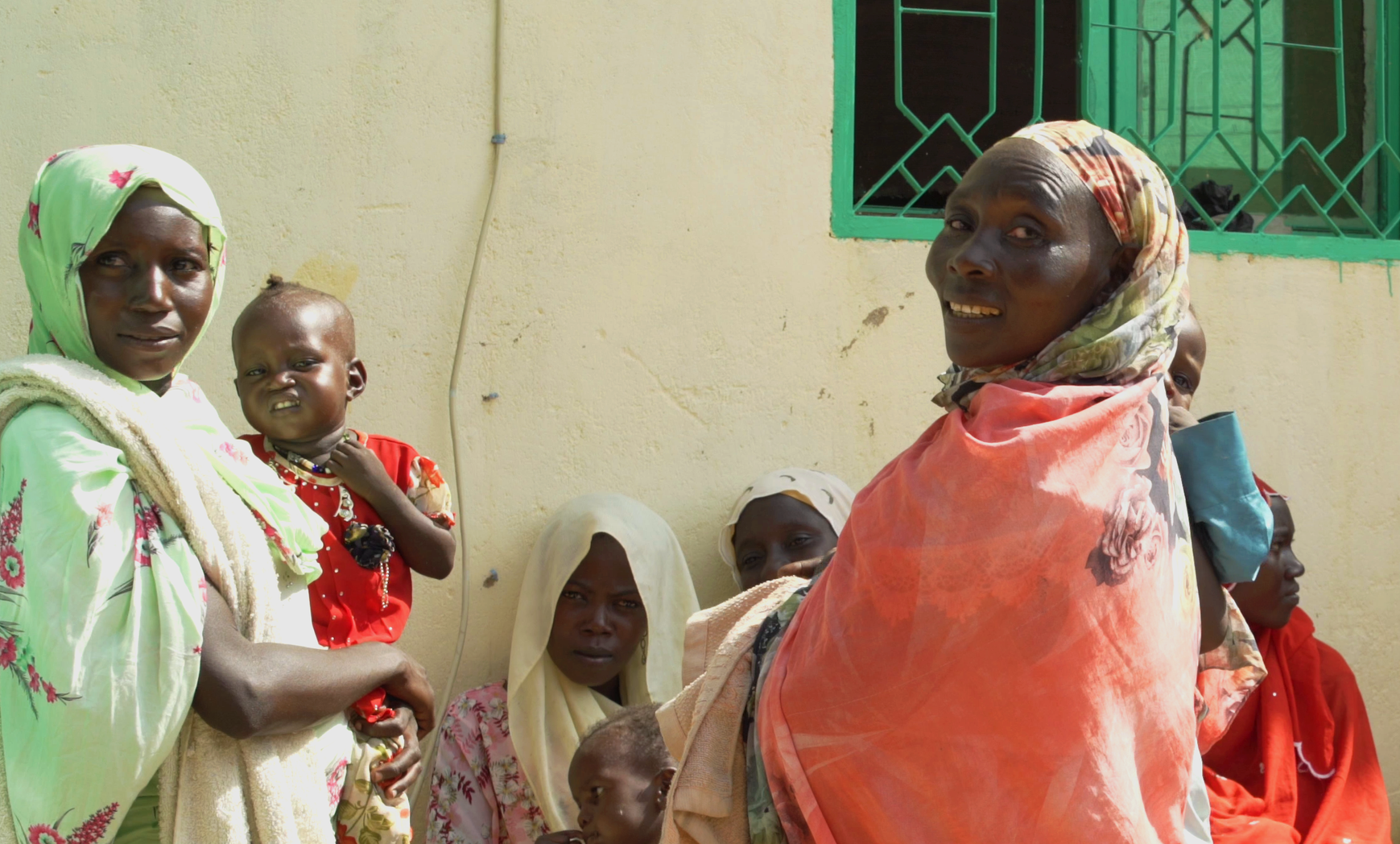Earlier this year, the Food and Agriculture Organization, the World Organisation for Animal Health, the United Nations Environment Programme, and the World Health Organization launched the One Health High Level Expert panel to develop solutions to some of the planet’s most difficult health challenges that cut across human, animal, and environmental health.
DAI’s Nitish Debnath, Team Leader for the Fleming Fund country grant program in Bangladesh, serves on the panel. Debnath, a veterinarian, pioneered the One Health movement in Bangladesh and has decades of experience supporting Bangladesh’s Livestock Department and teaching as a professor.
This month, the panel revised the One Health definition to read as follows: “an integrated, unifying approach that aims to sustainably balance and optimize the health of people, animals, and ecosystems. One Health recognizes the health of humans, domestic and wild animals, plants, and the wider environment (including ecosystems) are closely linked and inter-dependent.”
The approach mobilizes multiple sectors, disciplines, and communities at varying levels of society to work together to foster well-being and tackle threats to health and ecosystems, while addressing the collective need for clean water, energy, and air; safe and nutritious food; action on climate change; and contributing to sustainable development.
DAI Global Health’s Nicole DeCastro, a specialist in health security, discussed the new, broader, and more inclusive definition with Debnath to understand its importance and impact on the future.

Dr. Debnath leads the Fleming Fund grant program in Bangladesh.
What’s the purpose of the expert panel?
“We are a 26-member team with colleagues from all over the globe. This group provides guidance on One Health matters and supports improved cooperation among governments. We create tools that support policy and scientific assessments for health crises arising from the human and animal ecosystem interface. We help develop strategies to reduce the risk of zoonotic disease. We also use monitoring and early warning frameworks to help institutionalize our One Health approach, including areas with pandemic risk.”
What’s your opinion of the new One Health definition?
“This new definition provides a solid basis to support a common understanding among the panel members and the partner organizations and it’s very inclusive. You know, many times you will see that when people talk about One Health, they mostly focus on human and animal health. Ecosystems and socioeconomic conditions have not been properly reflected and taken into consideration. So, I believe this definition will give a strong, broader understanding with some basic principles and implementation approaches.”
The integration of “sustainability” into the definition highlights the importance of climate change and the environment. How will this influence One Health engagement going forward?
“One of the more important discussions in our panel has been about how One Health can be a little biased. We can already see the emerging diseases that are coming because of an imbalance and lack of prioritization of sustainability. Climate change is happening, and everything is very linked to health—health of humans and other species as well.
“This is why climate is reflected in the new definition. So that when we develop strategies for future programs, climate change and the environment, along with the human and animal health sectors, will be considered in implementation. Equity is also one of the important principles of this definition—meaning that each sector and discipline is equally addressed.”
How will the new definition affect program design and implementation?
“The heart of One Health implementation is proper coordination. You must promote collaboration—collaboration within the sciences, the sectors, nationally, and internationally. It is not an issue of one particular nation, it is an international practice—so systems thinking is very important.
“In addition, we need to recognize that political, legal, and social dynamics are complex, and understanding those dynamics is crucial to effective implementation of a One Health approach on the ground. Aligning political, sectoral, organizational, and broader social commitments will lead to more successful implementation and better enable us to address other challenges such as biodiversity loss, energy, climate change, food and water security, and social inequalities.”

Highly pathogenic avian influenza was a major public health threat in Bangladesh after the first reported outbreak in poultry in 2007.
How has One Health in Bangladesh changed over the course of your career?
“I was the Vice Chancellor of Chittagong Veterinary and Animal Science University when avian influenza emerged in 2007. Our university had a close connection with the farming community that asked how to handle this problem. At the same time, concerns were coming from all over the world that avian influenza would cause a pandemic and that it would become a human health issue. So, everyone was puzzled about their own industry and they came to us.
“I met with my faculty and colleagues to discuss this problem and we wondered ‘what can we really do?’ This meeting was basically the start of One Health in Bangladesh. In March 2008, we held our first One Health conference in Chittagong titled ‘Changing World, Emerging Challenges and the One Health Approach.’ The conference invited national and international figures across animal health, human health, and environment.
“Three things came out of this conference. First, the One Health Chittagong Declaration of Bangladesh. Second, we decided we would develop a platform called One Health Bangladesh. And third, we prioritized strong advocacy amongst government, society, and international partners around the One Health approach. We’ve organized 10 conferences just like the first one. In 2012, we developed a strategy document for One Health with support from FAO, WHO, and UNICEF. We promoted that document to the Bangladesh government and once it was adopted by the government, the One Health secretariat was created.
“We are very proud that our Honorable Prime Minister is one of the global leaders for One Health. One Health is not limited to the small group of people that we brought together in 2008. Now it is [finally] flourishing.”




